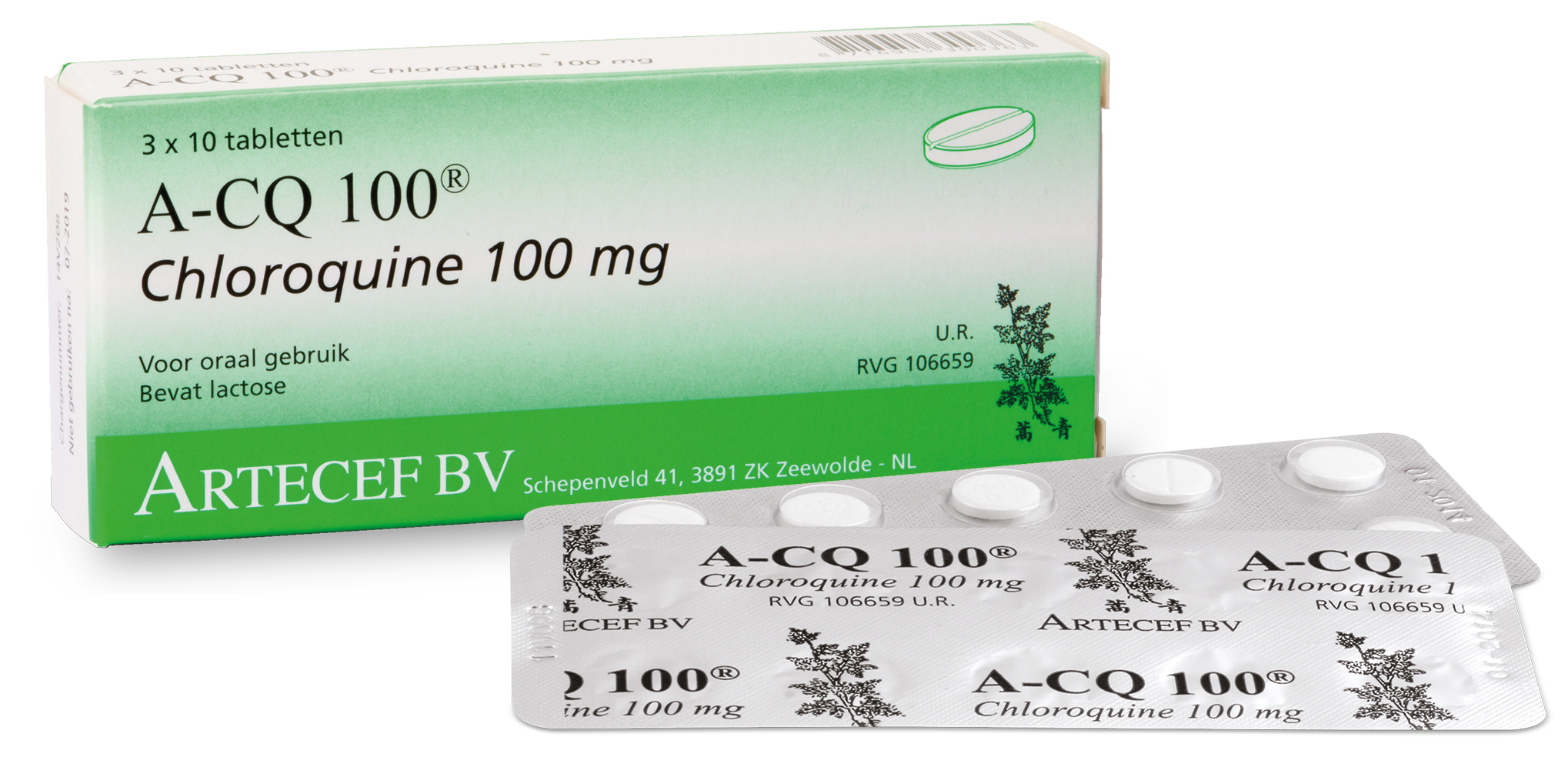RIO DE JANEIRO, BRAZIL – Preliminary results from a study on Chloroquine by Fiocruz and the Tropical Medicine Foundation showed that mortality among the group of Covid-19 patients tested, in critical condition, was 13 percent.
Of the 81 inpatients who were given the drug, 11 died. The mortality rate for patients in the same conditions who were not given the drug is 18 percent, according to international studies, including China. The closeness of the two indices does not allow asserting, for the time being, that Chloroquine could be instrumental in the treatment of patients infected with the novel coronavirus.

“Optimists may think that the mortality rate with the use of Chloroquine is lower. Pessimists may think it is the same. Statistically, it is the same, within the reliability margin,” says infectologist Marcus Lacerda of Fiocruz, who is involved in the study.
The research should therefore continue until the data are conclusive. “Anything is possible. But we cannot find anything,” he says, reiterating that scientific and reliable conclusions of the study must be awaited. He expects 440 patients from different hospitals in the country to be tested – and it could take two to three months.
Cardiologist Ludhmila Hajjar of the São Paulo Heart Institute (Incor) is also part of the research group. The initial plan was for half of patients to take a 10g dose of Chloroquine, and the other group, half of this. The higher dose, however, proved to be toxic, causing unwanted reactions such as arrhythmia and “other severe complications,” says Marcus Lacerda.
The preliminary conclusions have been submitted for publication in a scientific journal because tests have shown that the higher dose of Chloroquine can be harmful. And conclusions about patient safety need to be quickly communicated: “When we compared the groups of different doses, we saw higher-dose toxicity. That’s why we suspended this part of the study,” says the doctor. “Our study [so far] can only claim that the high dose is very toxic,” concludes Marcus Lacerda.
The use of Chloroquine and Hydroxychloroquine in coronavirus patients has become President Jair Bolsonaro’s watchword, who wants to release its use even before the safe conclusion of studies conducted in Brazil and around the world. Health Minister Luiz Mandetta has declined to endorse its widespread use before the scientists’ final pronouncement.

